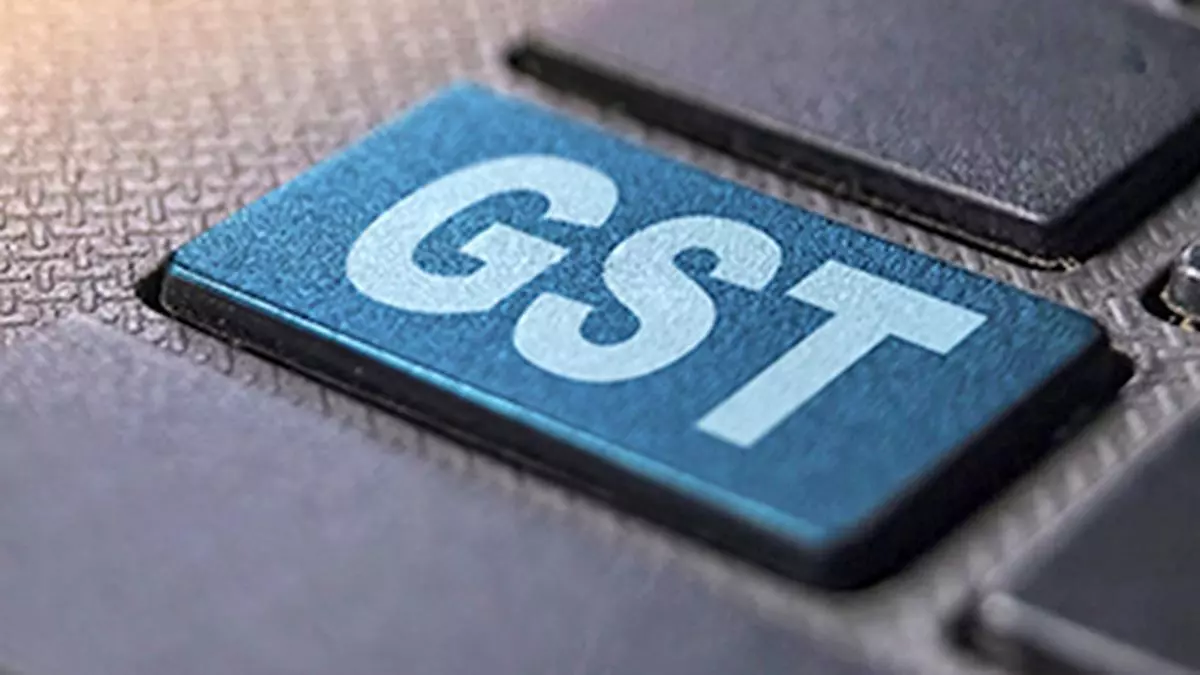Maharashtra GST department slaps tax notices on custodians to FPIs
The Maharashtra Goods and Services Tax (GST) department has sent notices to several banks on the taxability of custodial services provided by them to foreign portfolio investors (FPIs), said people in the know.
The state GST authorities have taken the stand that the custodial services provided by the SEBI-registered custodian banks do not qualify as zero-rated supplies for the purpose of exports.
The banks, which cater to over 11,000 FPIs registered in India, are now staring at a few hundred crores in taxes on fees earned along with penalties.
FPIs wanting to invest in India avail the services of a custodian. Banks treat this as an export of services because they are rendering services to FPIs who are located outside India and earning fees in foreign currency.
“There is no GST applicable on invoices raised on FPIs for custodial services, provided the payment is received in foreign currency as remittance and into the account of the service provider and not into the FPI account,” said a custodian.
The view of the GST department is that the banks are rendering services to FPIs that are account holders. As per Section 13(9) of the Integrated Goods and Services Tax (IGST) Act, 2017, if a bank provides services to an account holder, the place of supply would be where the bank is located, which is India in this case. So the custodians’ service does not qualify as an export.
The banks believe that the department’s interpretation is incorrect as the accounts in question need to be interest-bearing accounts, and custodian services are not bank account-related services. Even the bank accounts maintained by FPIs don’t earn any interest, which is why Section 13(9) is not applicable.
Section 13(3) of the IGST Act says that the place of supply is the location where the services are actually performed. The department believes that since the custodian is handling shares of FPIs in India, their service is not an export.
The section, however, is only applicable to services supplied in respect of goods that are required to be made physically available. Further, the definition of ‘goods’ under the GST law specifically excludes securities.
“The interpretation of the department is not appropriate and needs reconsideration as it could negatively impact business sentiment,” said a partner of a top consultancy firm, adding that if dematerialised shares are not goods, then section 13(3) of IGST is not applicable.
Most of the banks acting as custodians are registered in Maharashtra. These have reportedly reached out to the finance ministry to keep custodian services out of the GST net.
Last year, SEBI said GST would be levied on registration fees and annual fees received by it, with effect from July 18, 2022. This meant that GST would also be applicable to fees paid by custodians to SEBI based on assets they managed.
